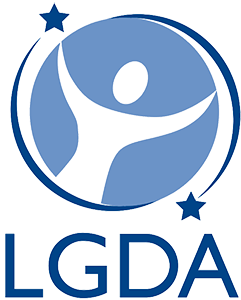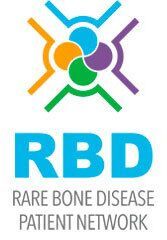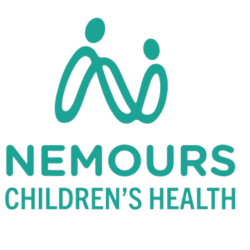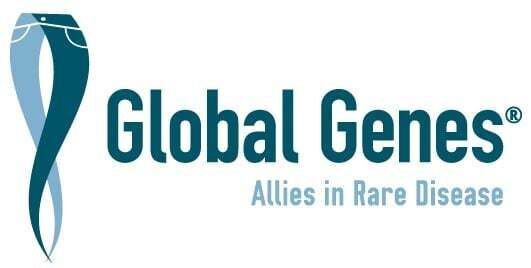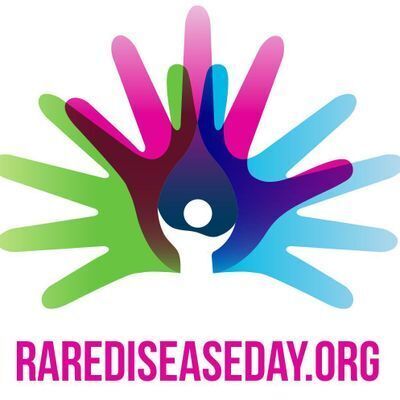
Imagine a world where everyone had access to the medical care they needed, no matter where they are. For those living with a complex lymphatic anomaly, this vision is often far from reality. This year's Rare Disease Day, February 28th, shines a spotlight on the urgent need for equity in diagnosis, treatment, care, and opportunities. This year’s slogan, "More Than You Can Imagine," underscores the vast challenges and the incredible strength of the rare disease community.
Universal Challenges Faced by Rare Disease Patients
For the 300 million people worldwide living with a rare disease, the journey to diagnosis and care is fraught with obstacles. Key challenges include:
- Lack of Scientific Knowledge and Information: Many rare diseases are under-researched, leading to delays in diagnosis.
- Inequalities in Healthcare: Access to quality treatment and care is often inconsistent, placing heavy social and financial burdens on patients and their families.
- Misdiagnosis: Common symptoms can mask rare diseases, leading to initial misdiagnoses and delayed treatment. Symptoms also vary significantly, even among patients with the same condition.
- Fragmented Research Efforts: The global rare disease community requires international collaboration to connect experts, researchers, and clinicians effectively.
Without effective cures for many rare diseases, patients and their families endure chronic, progressive, and often life-threatening conditions. These challenges highlight the urgent need for equitable access to healthcare resources and support.
The Role of Rare Disease Day
Since its inception in 2008, Rare Disease Day has been a globally coordinated movement advocating for the rare disease community. It's a day that unites a diverse and multi-disease community in pursuit of equity. Rare Disease Day raises awareness and drives action at local, national, and international levels—bringing much-needed attention to this vulnerable population.
This day is not just for patients. Families, caregivers, healthcare professionals, researchers, policymakers, and the general public all have roles to play. Together, we can build a world where the vision of equitable access to diagnosis and care becomes a reality.
The LGDA’s Campaign for Consensus of Care Guidelines
The LGDA is taking significant steps toward this vision by developing Consensus of Care Guidelines for patients with Complex Lymphatic Anomalies (CLAs). These guidelines are transformative for rare disease care.
What Are Consensus of Care Guidelines?
Consensus of Care (CoC) Guidelines are systematically developed recommendations created by healthcare experts and researchers. They aim to standardize care, ensuring patients receive the most effective treatments based on the latest research and clinical experience.
Why They Matter:
- Provide a foundation for consistent, high-quality care.
- Reduce variability in treatment.
- Address gaps in knowledge and access to specialized care.
How These Guidelines Will Transform Lives
For CLA patients, CoC Guidelines are more than a set of recommendations; they are a lifeline:
- Improved Diagnosis and Early Intervention: Standardized guidelines equip healthcare providers with clear diagnostic criteria, enabling faster and more accurate diagnoses and timely interventions.
- Access to Specialized Care: Guidelines create clear pathways for referrals to expert centers, ensuring patients receive the precise care they need.
- Consistency in Treatment: Patients can expect the same high standard of care regardless of location, bringing peace of mind to families.
- Empowered Patients and Families: Knowledgeable families can confidently navigate their care journey, fostering autonomy and hope.
Join the Movement
Rare Disease Day reminds us that achieving equity is a collective effort. This year, as we embrace the theme of "More Than You Can Imagine," let us commit to building a world where every CLA patient has access to the care they deserve. By supporting initiatives like the LGDA’s CoC Guidelines and advocating for research and resources, we can make this vision a reality.
Together, we can transform lives - one step at a time.
